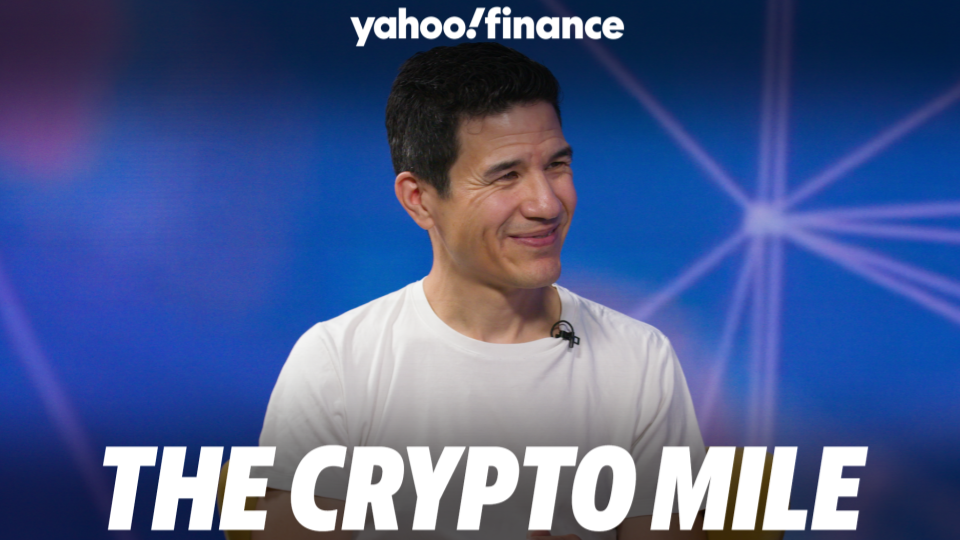
Web3 gaming, also known as blockchain gaming, is poised to revolutionize the traditional gaming industry and drive mass adoption of digital ownership, non-fungible tokens (NFTs), and blockchain-based royalty distribution. In a recent episode of Yahoo Finance’s The Crypto Mile, Brian McGleenon interviewed Robby Yung, the CEO of Animoca Brands, a leading company in the blockchain gaming sphere.
Yung explained that the free-to-play model has been the dominant business model in gaming for the past 15 to 20 years. In this model, players can enter the game for free but spend money on virtual items to enhance their gameplay. However, one key drawback of this model is that players do not truly own the assets they purchase. This lack of ownership extends to other digital content as well, such as music and movies.
This is where web3 gaming comes in. Utilizing blockchain technology, web3 gaming allows for the creation of unique digital items through tokenization, enabling true digital ownership. With blockchain’s encryption capabilities and digital scarcity, players can now have complete control and ownership of their in-game assets. Furthermore, copyright can be effectively tracked, solving the long-standing issue of digital rights management. The result is a revolution in digital ownership, with creators and artists regaining control and profiting from their creations.
The gaming industry, which is worth over $200 billion annually, has largely relied on the free-to-play model. Animoca Brands recognized that gamers, who are accustomed to purchasing in-game virtual currency and items, would quickly grasp the potential of blockchain. By tokenizing in-game currency and items, web3 gaming allows players to truly own their virtual possessions.
While some big names in the gaming industry are experimenting with web3 innovations, Yung cautioned against using their actions as a litmus test. Historically, big incumbents have been hesitant to adopt new technologies and platforms. He compared the situation to the mobile gaming industry, where major players like King and Supercell emerged as dominant forces while established companies were slow to enter the mobile gaming space.
One potential challenge in the adoption of web3 gaming by industry incumbents is the concept of portability. If digital assets earned in a game can be freely transferred to other games, it raises questions about protecting intellectual property and competing with other developers. Yung stressed the importance of open-source thinking and the benefits of sharing and collaboration in the web3 space. He explained that the ability to track royalties on secondary sales of digital items ensures creators receive ongoing compensation, even if their assets are used in multiple games. This creates a win-win situation where shared assets increase in value and benefit all parties involved.
Web3 gaming has the potential to transform the gaming industry and drive mainstream adoption of digital ownership, NFTs, and blockchain-based royalty distribution. As more players and developers embrace this transformative technology, we can expect to see significant changes in the gaming landscape, benefiting creators and gamers alike.






